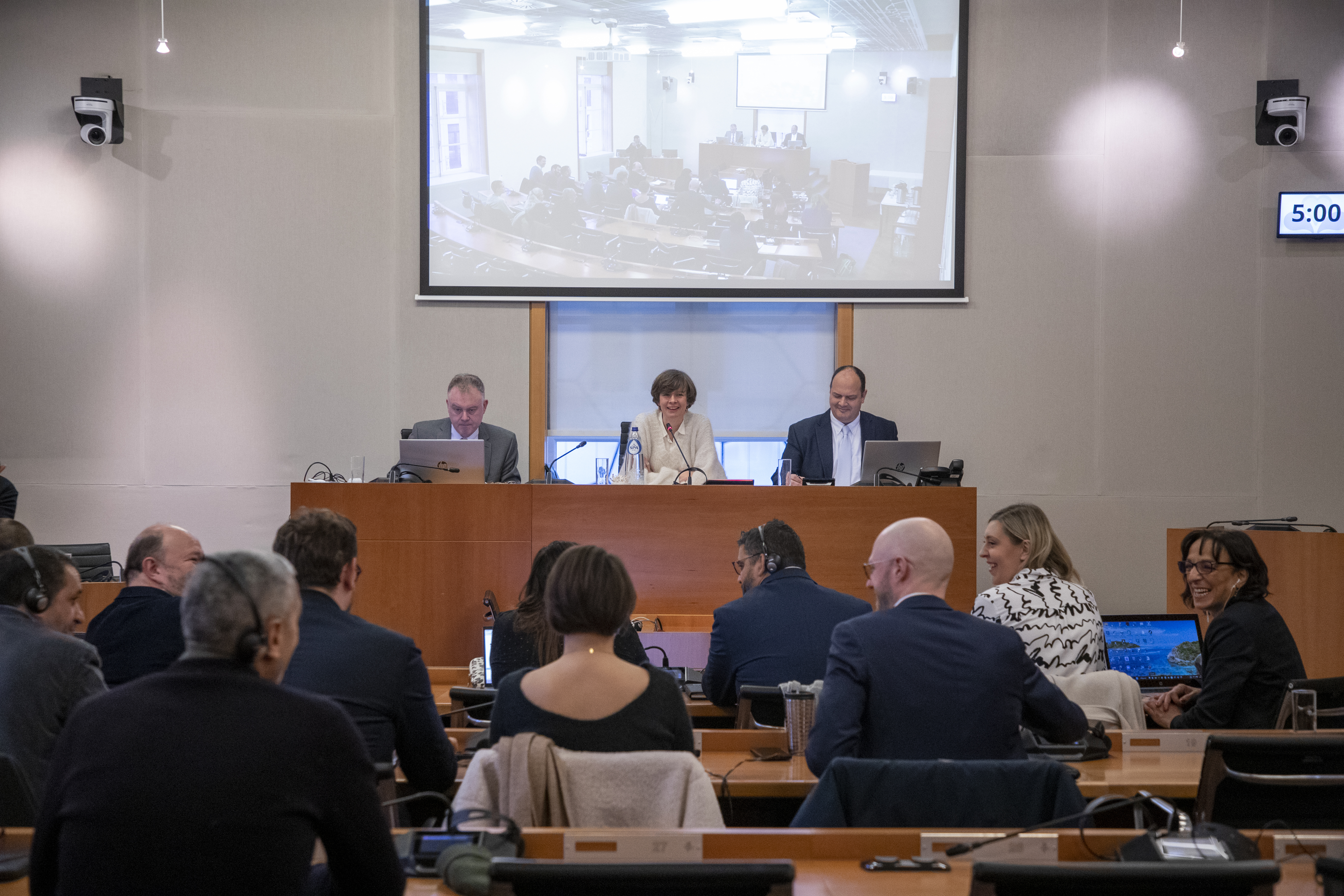
Uber Commission: no illegal practices by Brussels government members

N-VA’s Cieltje Van Achter pictured during a special commission of the Brussels Region Parliament to look into the lobby-tactics of taxi platform Uber to secure local permits /Belga
The Brussels Parliament's special Uber Commission has not found any "illegal or illicit practices" on the part of government members or ille


Comments
Ready to join the conversation?
You must be an active subscriber to leave a comment.
Subscribe Today